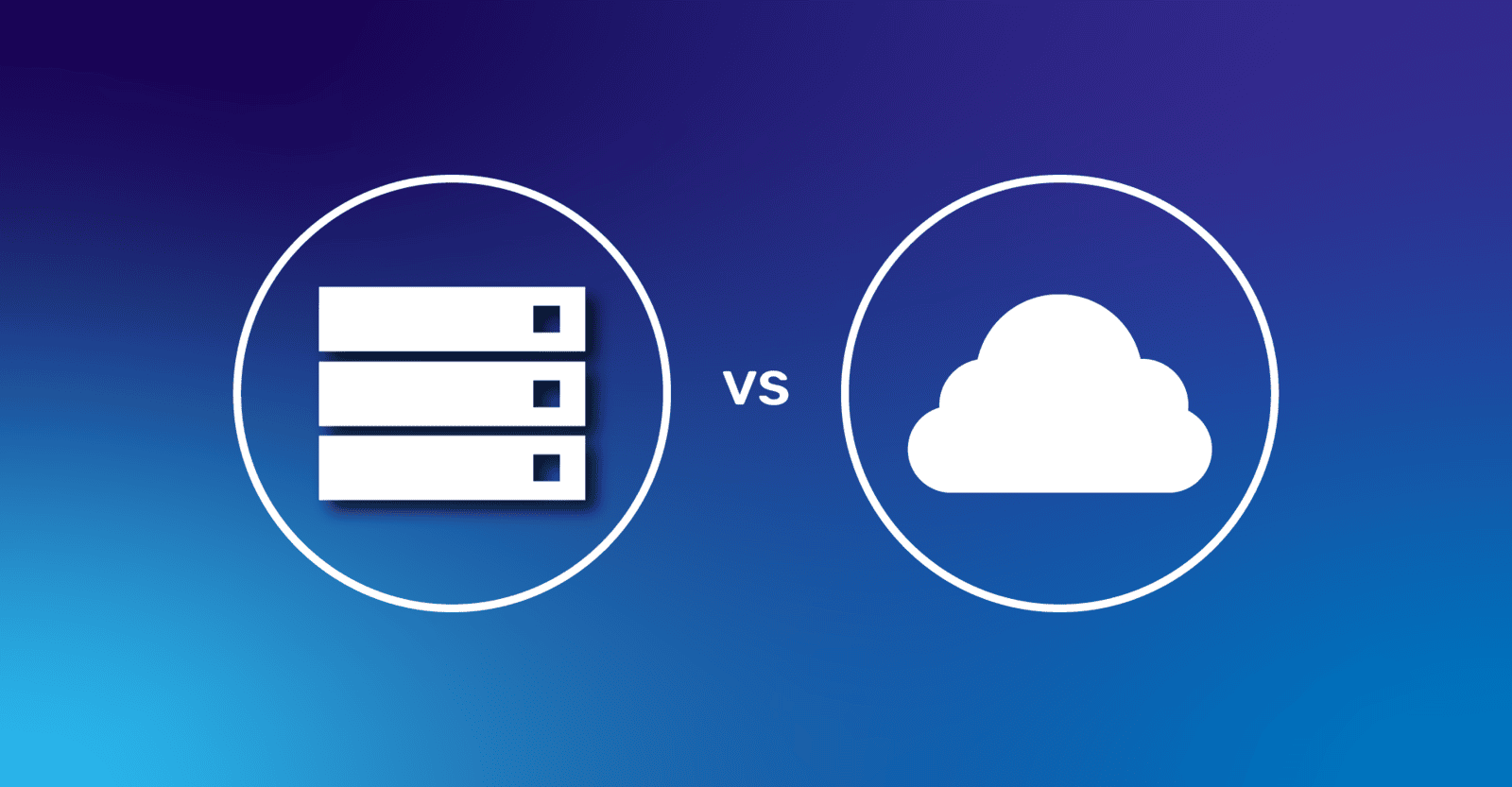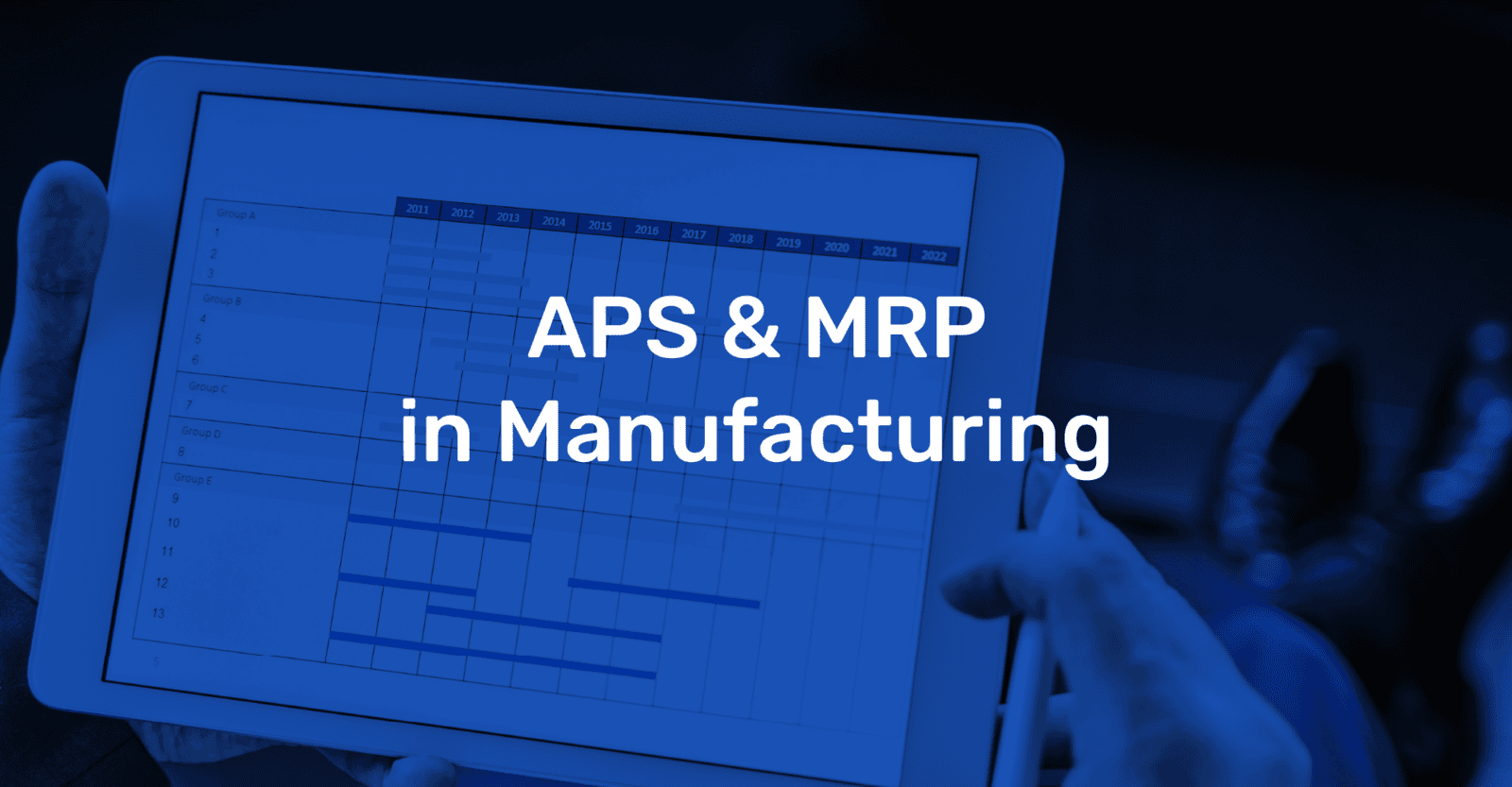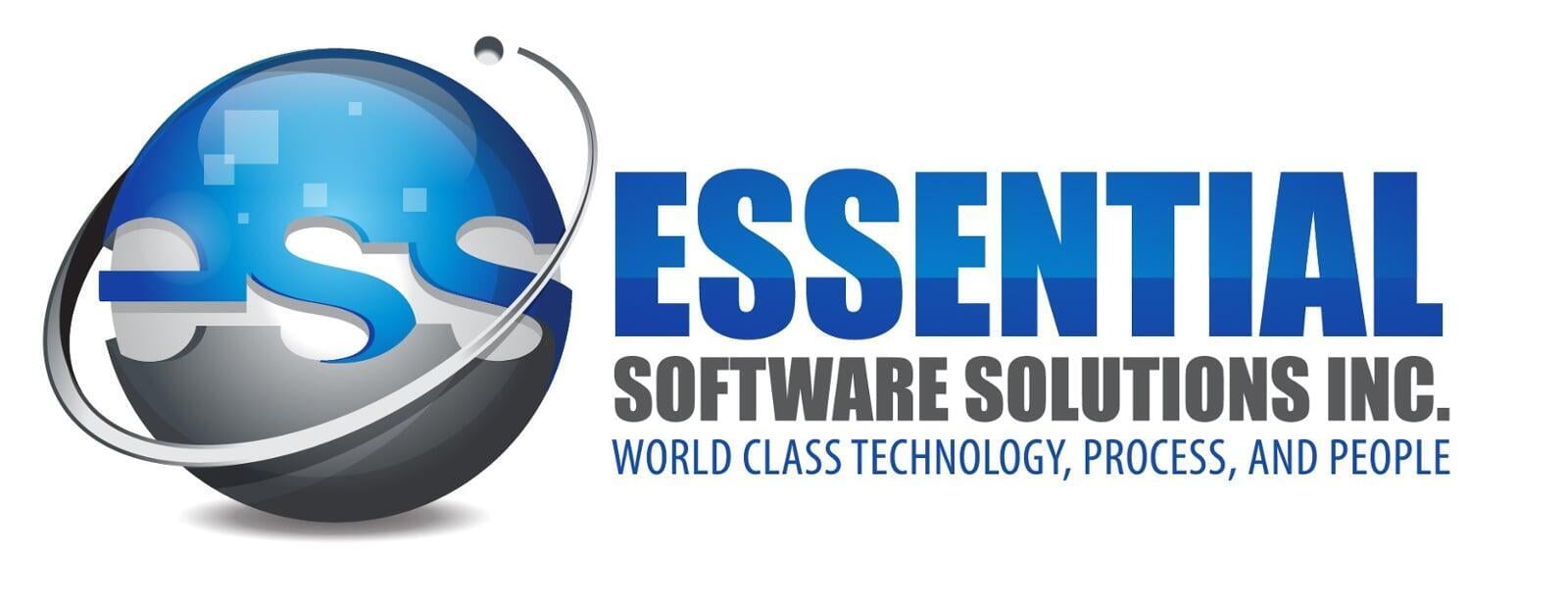Testimonials
With so many options today, and everyone claiming their software can do this or that better than the others, it’s even more important now to have a guide like Andy to filter out the static! I’ve very much enjoyed working with Andy and would highly recommend him for anyone undertaking an ERP selection journey.
- Bryan Ursic, President at A.M. Gatti
Andy has provided some straightforward and objective advice on how to proceed with software selection. This has allowed our company to focus on what functionalities are truly important to us and has allowed us to broaden our search to more cost effective solutions. Thanks Andy!
- Tristan Hulscher, Owner at Envision Painting Ltd
In today’s world, you will be hard pressed to find someone to reach out to get advice on the ERP selection process without it costing you money or getting a sales pitch on their product but chatting with Andy today was anything but that. I kept thinking as our call progressed that surely the pitch from Andy was next but instead I received excellent advice and wisdom on where we were in our process, what to look out for and more importantly, what to pay specific attention to maintain the critical unique requirements for our business.
- Andrew Picklyk, ERP Project Manager at Calgary Fasteners & Tools
What You'll Learn?
ERP Salesman Tricks they do not want you to notice
Why ERP Sales Demos Are Never Enough when evaluating ERP Software
Why the ERP Dissatisfaction Rate Is So High
Vendor References: Which references would you include on your resume?
Would you prefer to review demos with a professional presenter that only has one goal in mind? To sell you software? Or would you prefer to review ERPs with the Trainers you will work with after you buy?
With Zoom/Team meetings being so prevalent, what is the advantage having Local ERP Support?

















